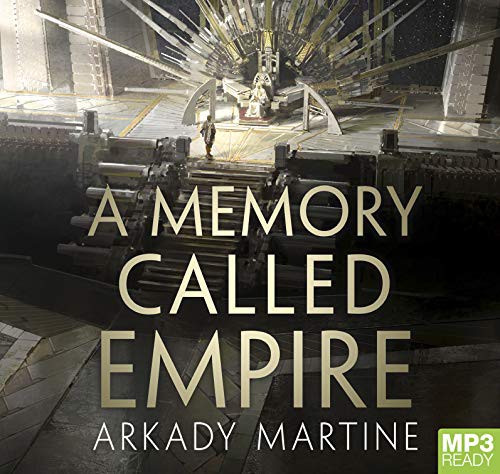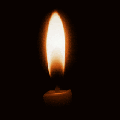enne📚 reviewed A Memory Called Empire by Arkady Martine
A Memory Called Empire
5 stars
This book follows Mahit, sent as ambassador from the small space station Lsel to a large empire, in order to investigate what happened to her predecessor and to try to prevent the Teixcalaanli Empire from inevitably absorbing that home station.
As you might expect, it's a story about empires (being terrible), but what I like about this book is that it gets at reasons why empires can be dangerously appealing apart from just raw power. Mahit simultaneously wants to protect her homeland but also wishes to be part of larger Teixcalaanli culture that is eating her own. But also, no matter how much poetry she's memorized, she will never truly be a part of this culture.
The reader quickly learns that Lsel secretly has machines that implant the memories of their predecessors, and has sent Mahit off with one of these devices. The extra internal perspective of Yskander …
This book follows Mahit, sent as ambassador from the small space station Lsel to a large empire, in order to investigate what happened to her predecessor and to try to prevent the Teixcalaanli Empire from inevitably absorbing that home station.
As you might expect, it's a story about empires (being terrible), but what I like about this book is that it gets at reasons why empires can be dangerously appealing apart from just raw power. Mahit simultaneously wants to protect her homeland but also wishes to be part of larger Teixcalaanli culture that is eating her own. But also, no matter how much poetry she's memorized, she will never truly be a part of this culture.
The reader quickly learns that Lsel secretly has machines that implant the memories of their predecessors, and has sent Mahit off with one of these devices. The extra internal perspective of Yskander commenting or just providing emotional memory on Mahit's experiences adds a fun additional layer to all of the events.
I love the politics; I love the writing; I love the characters. Highly recommended.




